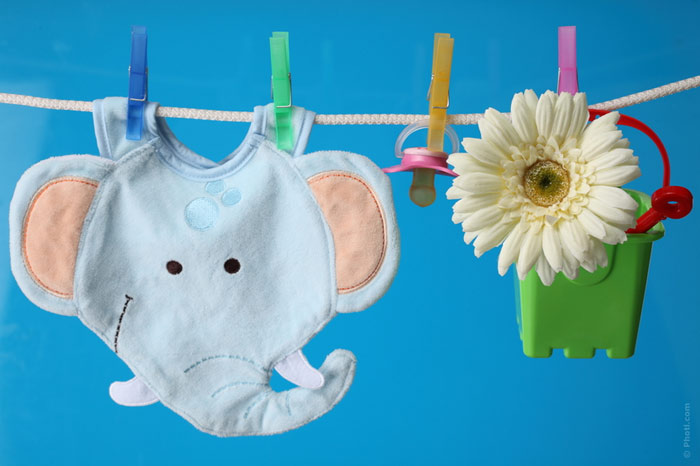Conceive Quickly and at Will
What if a woman wants to conceive as soon as possible, having her reasons for that, or wants her baby to be born within a certain period? That’s not unfathomable, and here is some advice for those who don’t feel like waiting for the baby bump too long.

Know your ovulation period
The key to a quick pregnancy lies in knowing when your ovary unlooses an egg, that is, when ovulation occurs. You conceive when the sperm gets to the egg and engages with it, therefore being aware of your ovulation is vital.
If you’ve been having irregular periods for the past few months, you may have a bit of a problem calculating your ovulation periods – get medical help for that.
Plan some action in good time
Arrange sexual intercourse for your most fertile period when the egg is about to be released, which is about three days before ovulation and the day of ovulation. It’s advisable to start some time before the day, for the possibility of conceiving is quite high – there are registered cases of women getting pregnant five or six days before the release of the egg.
Don’t be in a hurry to get up
It used to be a popular belief that it is better to lie on the back for a while after sex so that the sperm won’t start trickling back – but there was no conclusive evidence that it is really so. Nowadays scientists hold there is link between remaining lying down and achieving a successful fertilization. Five years ago, a research from the Netherlands revealed that women who remained lying flat for a quarter of an hour after an artificial insemination (with sperm introduced into them by a doctor) showed a 50% higher possibility to conceive than those who were up immediately upon completing the procedure.
We are not certain yet whether it also goes for intercourse, but chances are it does, so there’s nothing wrong in lying on quiet for several minutes giving your partner’s sperm a better chance to get to work.
Enjoy yourself
Wanting to get pregnant so much that you are working yourself up and feeling uptight? There’s nothing wrong with that, but on the other hand, you don’t need to conceive in a whirl of anxiety. Stress affects the function of the hypothalamus, the gland responsible for ovulation, and you run the risk of a late ovulation which will diminish the possibility of fertilization. In worst cases ovulation may not occur at all. Consequently, you will be better off relaxing and enjoying every minute of it.
Mind the quality of the sperm
Your partner also has to do with the overall success of the enterprise by supplying healthy, virile and ample sperm, so the following advice is for him to ensure quality results:
Lay off alcohol, for daily drinking can bring down testosterone levels and result in the increase of abnormal sperm.
Go easy on tobacco and recreational medicines which interfere with quality sperm function.
Intake helpful nutrients (folic acid, calcium, vitamins C and D, zinc and others) that make the sperm more abundant and potent.
Refrain from taking hot baths and going to the sauna, for the sperm suffers from excessive heat. Testicles are at their most productive at about 95 degrees Fahrenheit, which is a bit lower than the normal temperature of the body.
Let your partner effect these changes as soon as he can, because the full impact on the sperm will manifest itself in some time, giving the best results in something like three months.
Prepare your body
The body ought to be primed for what is coming. First of all, arrange for a preconception checkup to see if you’re in a good shape and get a consultation on the necessary changes in your lifestyle. Make it as soon as you can, for not all the changes can be made straightaway, there may be health issues which will take some time resolving.
You try but you keep failing; when to start getting help?
If you want to conceive naturally, the usual period is three months. For 60% of couples it doesn’t take longer than that.
If you have exceeded this period, consider your age as an important factor in how long you can wait before you consult a fertility specialist. You grow less fertile with age, so for those over 40, the sooner you enlist expert help, the better. Women between 35 and 40 can go on trying for half a year before calling it a problem. Younger women shouldn’t get worried before a year has elapsed.
But if there are any suspicions of fertility problem in any of you, go ahead and arrange for an appointment now to glean as much information about your chances as possible.
